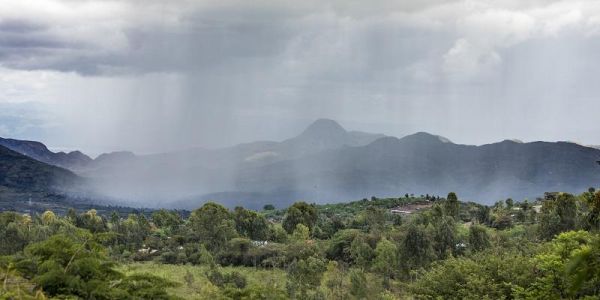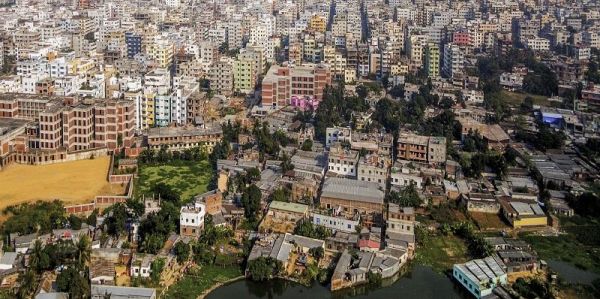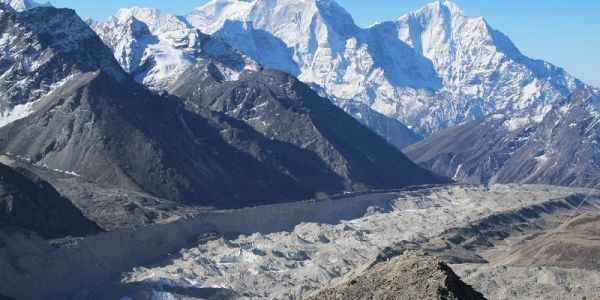
New weather app to save lives and livelihoods
A mobile phone app has been launched in Kenya to help people avoid the death and destruction caused by tropical storms.

A mobile phone app has been launched in Kenya to help people avoid the death and destruction caused by tropical storms.

Scientists have developed an artificial intelligence system that can analyse eye scans taken during a routine visit to an optician or eye clinic and identify patients at a high risk of a heart attack.

Governments need to be careful about the messaging around compulsory mask wearing to ensure the policy is fully effective, say researchers.

During long portions of the past 2.4 billion years, the Earth may have been more inhospitable to life than scientists previously thought, according to new computer simulations.

The accelerating melting of the Himalayan glaciers threatens the water supply of millions of people in Asia, new research warns.

New analysis of genetic diversity within the British Pakistani population will have important implications for medical studies, according to researchers.

Plans to restore Indonesian peatlands are a cost-effective strategy for reducing the impacts of peatland fires to the environment, climate and human health, says a new study.

A collection of essays exploring how Leeds research is helping to change the world has been launched by the University’s Vice-Chancellor.

The University of Leeds has been awarded the country’s most prestigious higher education honour.

Affordable plastic shields reduce the risk of COVID-19 infection for passengers on motorcycle taxis popular in developing countries, a new study suggests.